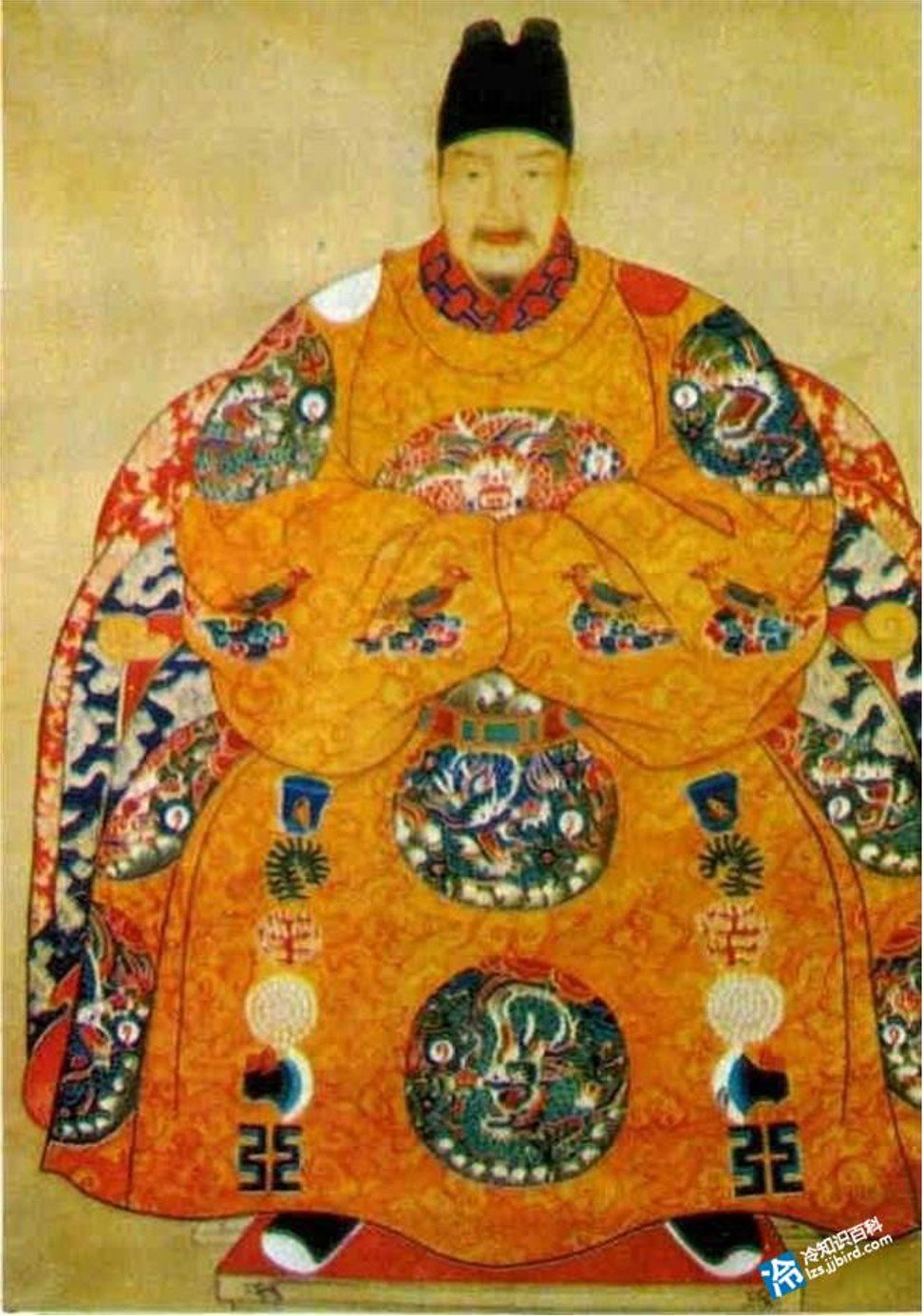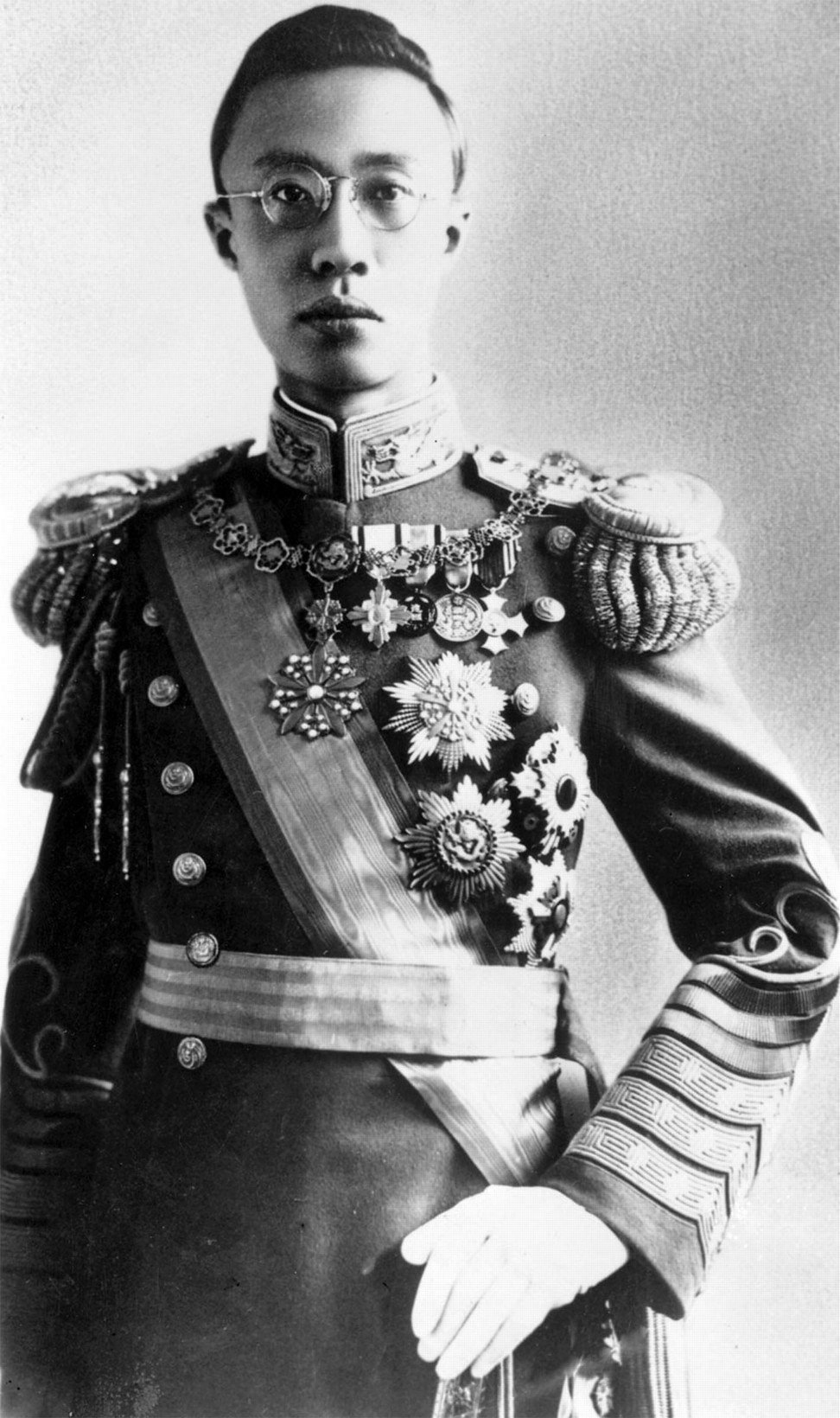
How China’s emperors fell from grace – much like former South Korean president Park Geun-hye
From forced abdications to vivisection, the many disgraces experienced by erstwhile Chinese rulers
In China, in the millennia before the abolition of monarchy in the early 20th century, cases of rulers being forcibly ejected from their thrones were far from uncommon. Some of these leaders were assassinated, such as Emperor Ai (892-908) of the Tang dynasty; others such as the Ming dynasty’s Emperor Chongzhen (1611-1644) took their own lives rather than live in shame; and many became prisoners of the new regime, albeit in much more comfortable circumstances than Park’s jail cell. Most of them were “pensioned off” with a title and annual stipend, and despite their movements being severely restricted, they enjoyed a certain level of dignity as befitting a former monarch.
However, their movements were severely circumscribed, being kept essentially under house arrest. Take Emperor Xian (181-234) of the Han dynasty as an example. Following his forced abdication in 220, he was made Duke of Shanyang, lived in comfort and died of natural causes 14 years later to be buried with full honours.
In 1912, Aisin Gioro Puyi, Emperor Xuantong of Qing, was allowed, under the Articles of Favourable Treatment of the Great Qing Emperor after His Abdication, to retain his imperial title. He was given a large allowance and the permission to continue living in Beijing’s Forbidden City, though both were withdrawn within a few years.
Some were less fortunate. After Emperor Min (300-318) of Jin surrendered to the Former Zhao state in 316, he was subjected to ritual humiliation before being executed.
The worst end for any deposed Chinese ruler, however, has to be that of King Min (circa 323-284BC), of the state of Qi. An ambitious ruler, under his authority the state was constantly at war with its neighbours.
From emperor to citizen: private treasures reveal the life of China’s last emperor
In 284BC, the state was attacked and Zhuo Chi, a military commander from the state of Chu, Qi’s ally to the south, arrived to help King Min defend his realm. Then, for reasons unknown, Zhuo revolted and killed the king with the sort of cruelty that has since baffled historians.
Zhuo vivisected the king, removing the ligaments from his limbs, and strung him up, leaving him screaming in pain for a day and a night until he finally died.
King Min was the exception, however. Most of those former rulers who were executed died a quick death, while those remaining lived out their days in a luxurious prison, though one wonders how the latter bore the shame of their dramatic downfall for the rest of their lives.



